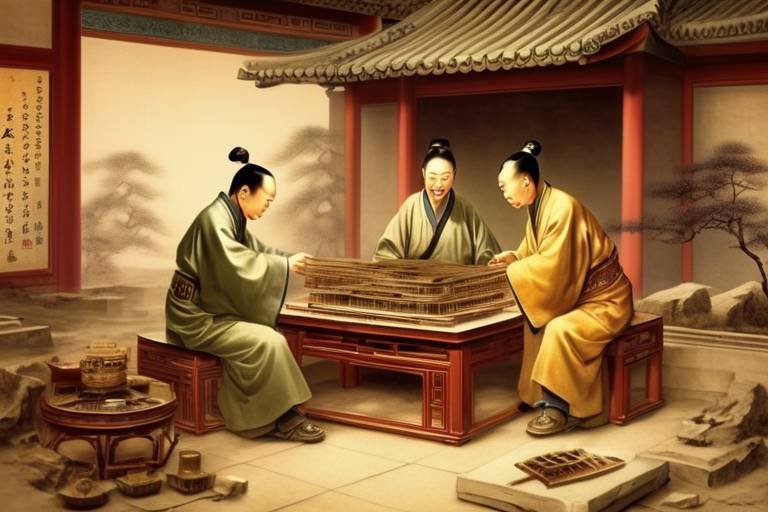The Secrets of Ancient Egyptian Kingship
Unveiling the mysteries surrounding ancient Egyptian kingship takes us on a journey through time, delving into the intricate systems and beliefs that governed the pharaohs' reigns. These rulers were not mere mortals but were perceived as divine figures, embodying the connection between the earthly realm and the gods above.
As we peel back the layers of history, we discover how pharaohs held sway not only over political and administrative matters but also over religious affairs. Their role extended beyond mortal concerns, encompassing the cosmic balance, justice, and order that underpinned Egyptian society.
The coronation of a pharaoh was a grand affair, steeped in symbolism and ritual. Each ceremony held profound spiritual significance, marking the transfer of power from one ruler to the next and solidifying the divine mandate bestowed upon the new pharaoh.
Central to the pharaoh's authority was their relationship with the pantheon of Egyptian gods. Acting as intermediaries between mortals and the divine, pharaohs engaged in intricate religious practices and beliefs, seeking favor and guidance from the deities.
Within the pharaoh's royal court, a web of advisors, high officials, and priests worked tirelessly to support the ruler in governance and maintaining stability. Among these influential figures, queen mothers held a special place, wielding political power and shaping decisions within the royal family and beyond.
Even in death, pharaohs were not separated from their divine connections. Elaborate funerary practices and beliefs in the afterlife ensured that the ruler's journey continued beyond the earthly realm, joining the gods in the divine sphere.
The legacy of Egyptian kingship reverberates through time, inspiring art, architecture, and political ideologies across civilizations. The enduring impact of pharaohs continues to captivate scholars and enthusiasts alike, offering a glimpse into a world where gods and mortals intertwined.
Modern interpretations and discoveries shed new light on ancient Egyptian kingship, as scholars and archaeologists unearth secrets through innovative technologies and fresh perspectives. These ongoing revelations deepen our understanding of the enigmatic world of pharaohs and their rule, adding layers to the tapestry of history.
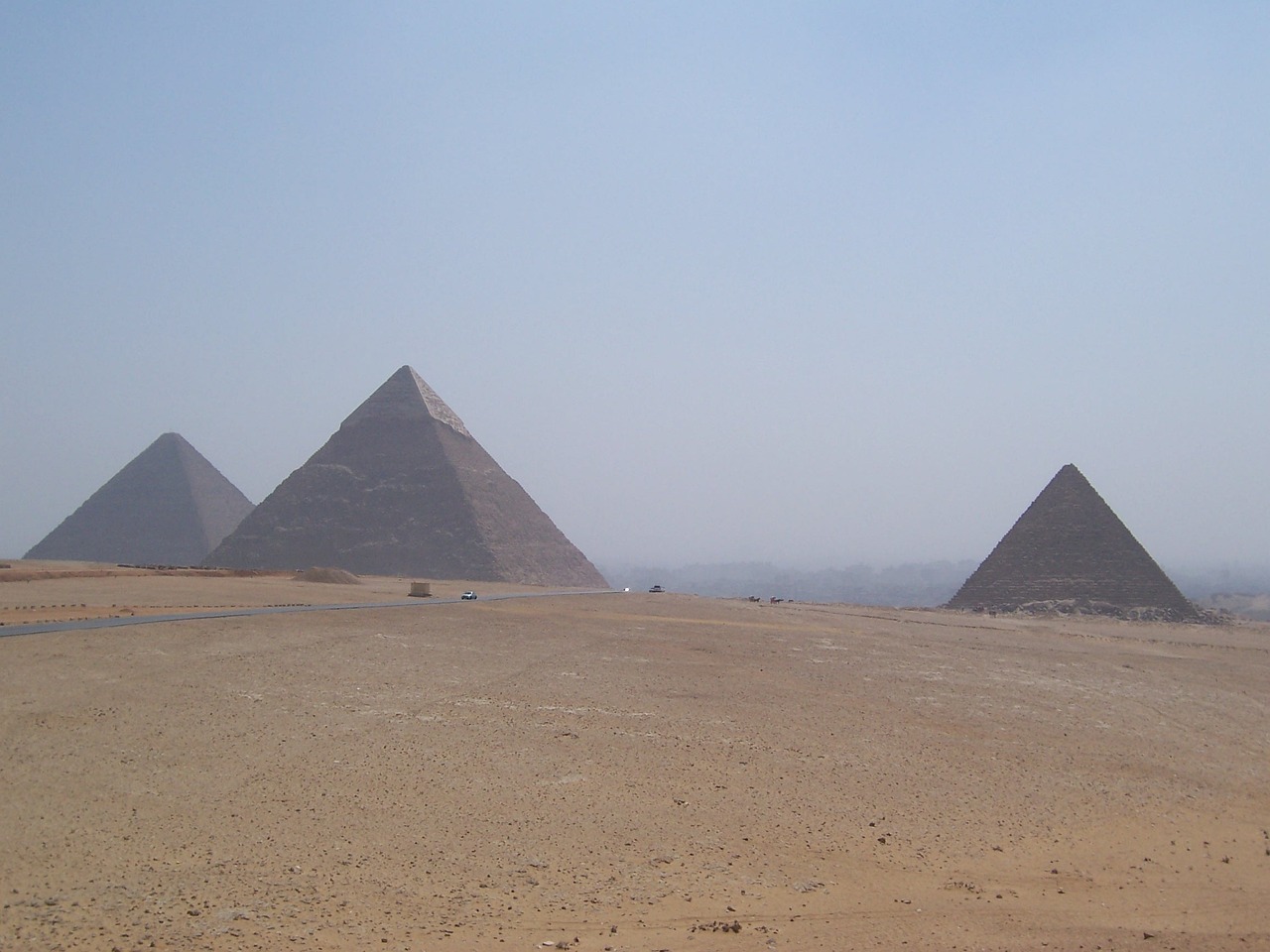
The Role of Pharaohs in Egyptian Society
Exploring the intricate systems and beliefs surrounding the rulers of ancient Egypt, shedding light on the mystical and political aspects that governed the pharaohs' reigns and their divine connections.
Pharaohs in ancient Egyptian society were not mere mortal rulers; they were perceived as divine figures responsible for maintaining order, justice, and cosmic balance. Their authority extended beyond mere governance, encompassing religious, political, and administrative realms. The pharaohs' role was intertwined with the belief in their divine right to rule, shaping the very fabric of Egyptian society.
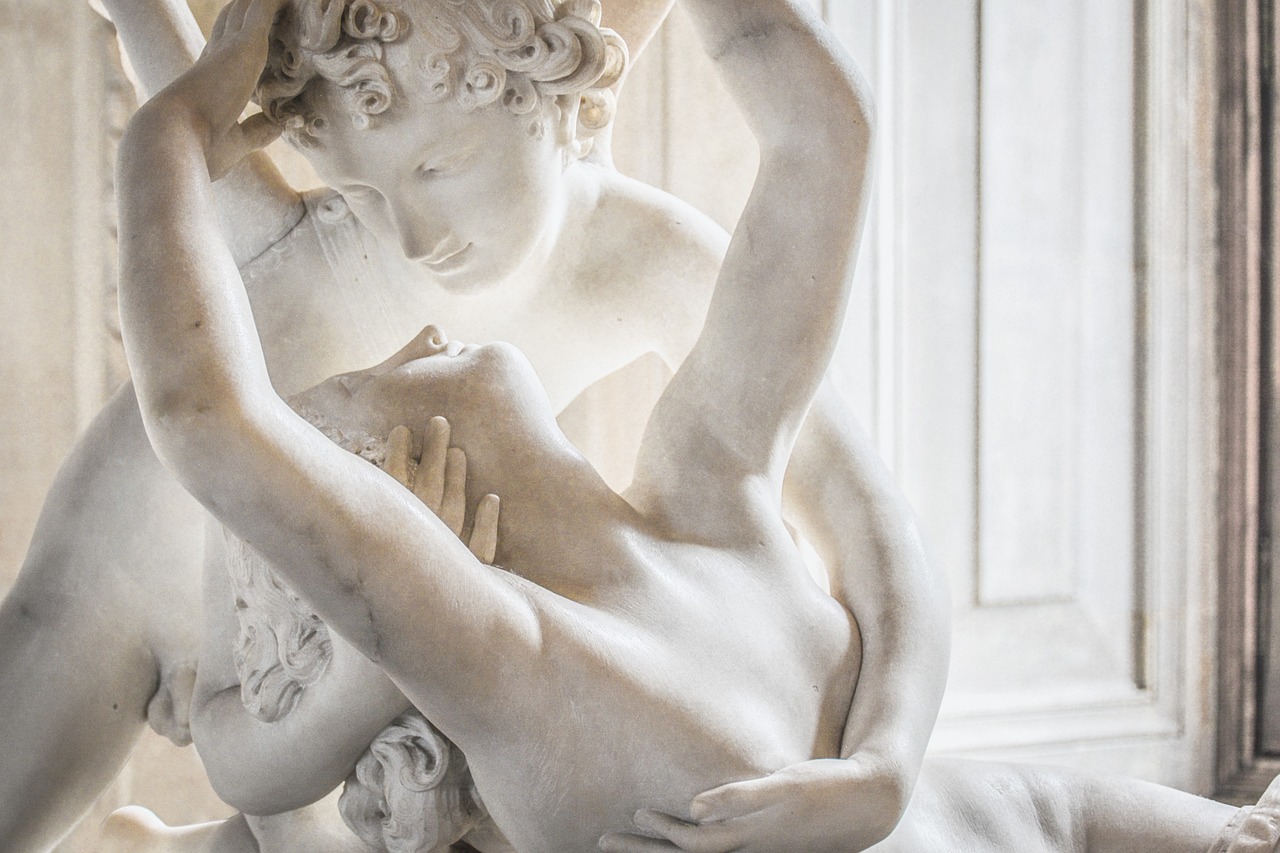
The Coronation Rituals and Symbolism
When it comes to the coronation rituals of ancient Egyptian pharaohs, one cannot help but be mesmerized by the intricate ceremonies and profound symbolism that accompanied the transfer of power from one ruler to the next. These rituals were not merely formalities but rather deeply spiritual events that reinforced the pharaoh's divine status and his connection to the gods.
One of the central elements of the coronation rituals was the crowning of the pharaoh, symbolizing his authority and legitimacy as the ruler of Egypt. The crown itself held significant symbolic meaning, representing the pharaoh's power over the land and his role as the earthly embodiment of the gods.
Another essential aspect of the coronation ceremonies was the anointing of the pharaoh with sacred oils and perfumes, signifying his purification and consecration for his divine duties. This act was believed to imbue the pharaoh with the blessings of the gods and ensure his success in governing the kingdom.
The presentation of ritual objects, such as the crook and flail, further emphasized the pharaoh's role as a shepherd and protector of his people. These symbols of kingship were not just ornamental but carried deep religious significance, reflecting the pharaoh's responsibility to maintain order and justice in society.
Moreover, the pharaoh's participation in various rites and offerings during the coronation process served to establish his connection with the divine world and secure the favor of the gods for his reign. These rituals were not only a display of power but a solemn affirmation of the pharaoh's sacred duty to uphold Ma'at, the cosmic order of the universe.
Overall, the coronation rituals and symbolism surrounding ancient Egyptian pharaohs were not merely ceremonial events but profound expressions of the pharaoh's divine mandate and his pivotal role in maintaining harmony and balance in both the earthly and divine realms.

The Pharaoh's Relationship with the Gods
Exploring the intricate relationship between the pharaohs of ancient Egypt and the gods reveals a fascinating dynamic that shaped the very foundation of Egyptian society. The pharaoh was not just a political leader but also a divine figure, believed to be the earthly embodiment of various gods. This connection with the divine bestowed upon the pharaoh immense power and responsibility, as they were seen as the link between the mortal realm and the spiritual world.
Through elaborate rituals and ceremonies, the pharaoh demonstrated their devotion to the gods and sought their favor and guidance. Offerings, prayers, and symbolic gestures were all part of the intricate religious practices that reinforced the pharaoh's divine status. The pharaoh's relationship with the gods was not just a matter of belief but a practical necessity to ensure the prosperity and well-being of the kingdom.
Moreover, the pharaoh's interactions with the gods were not limited to ceremonial occasions but permeated every aspect of their rule. Decisions regarding governance, warfare, and even personal matters were often consulted with the gods through oracles, priests, and divination practices. This constant communication with the divine was essential to maintain cosmic balance and harmony in Egyptian society.
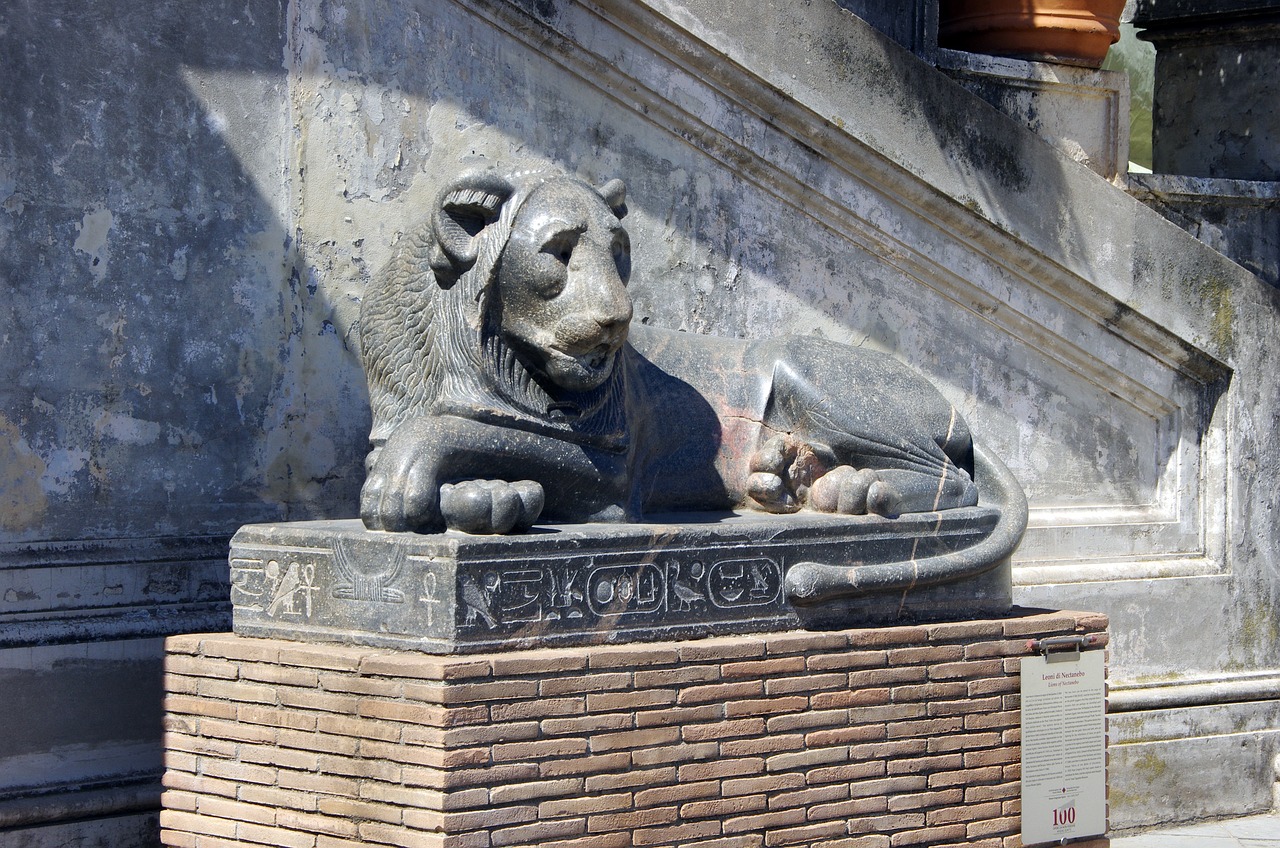
The Pharaoh's Royal Court and Advisors
Within the grandeur of ancient Egyptian society, the pharaoh's royal court stood as a pillar of power and influence, orchestrating the intricate workings of the kingdom with precision and wisdom. The pharaoh, as the ultimate ruler, surrounded himself with a cadre of advisors, high officials, and priests who played pivotal roles in shaping the political landscape and ensuring the stability of the realm.
At the heart of the pharaoh's court were the high officials, individuals of esteemed stature who held key administrative positions and oversaw various aspects of governance. These officials, known for their loyalty and expertise, assisted the pharaoh in making crucial decisions, managing resources, and implementing policies that would impact the entire kingdom.
Moreover, the priests within the pharaoh's court served as intermediaries between the ruler and the gods, conducting sacred rituals, offering prayers, and interpreting divine will. Their spiritual guidance and connection to the deities were essential in maintaining the pharaoh's divine status and ensuring the favor of the gods upon the kingdom.
Alongside the high officials and priests, the advisors of the pharaoh played a vital role in providing counsel, strategic insight, and diplomatic expertise. These trusted individuals, often chosen for their wisdom and loyalty, offered guidance on matters of statecraft, foreign relations, and internal affairs, contributing to the pharaoh's ability to govern effectively and navigate complex political landscapes.
Within the royal court, a delicate balance of power and influence existed, with each member playing a distinct role in upholding the pharaoh's authority and ensuring the prosperity of the kingdom. The synergy between the pharaoh and his advisors, officials, and priests formed the backbone of Egyptian governance, reflecting a harmonious blend of divine mandate and human wisdom.
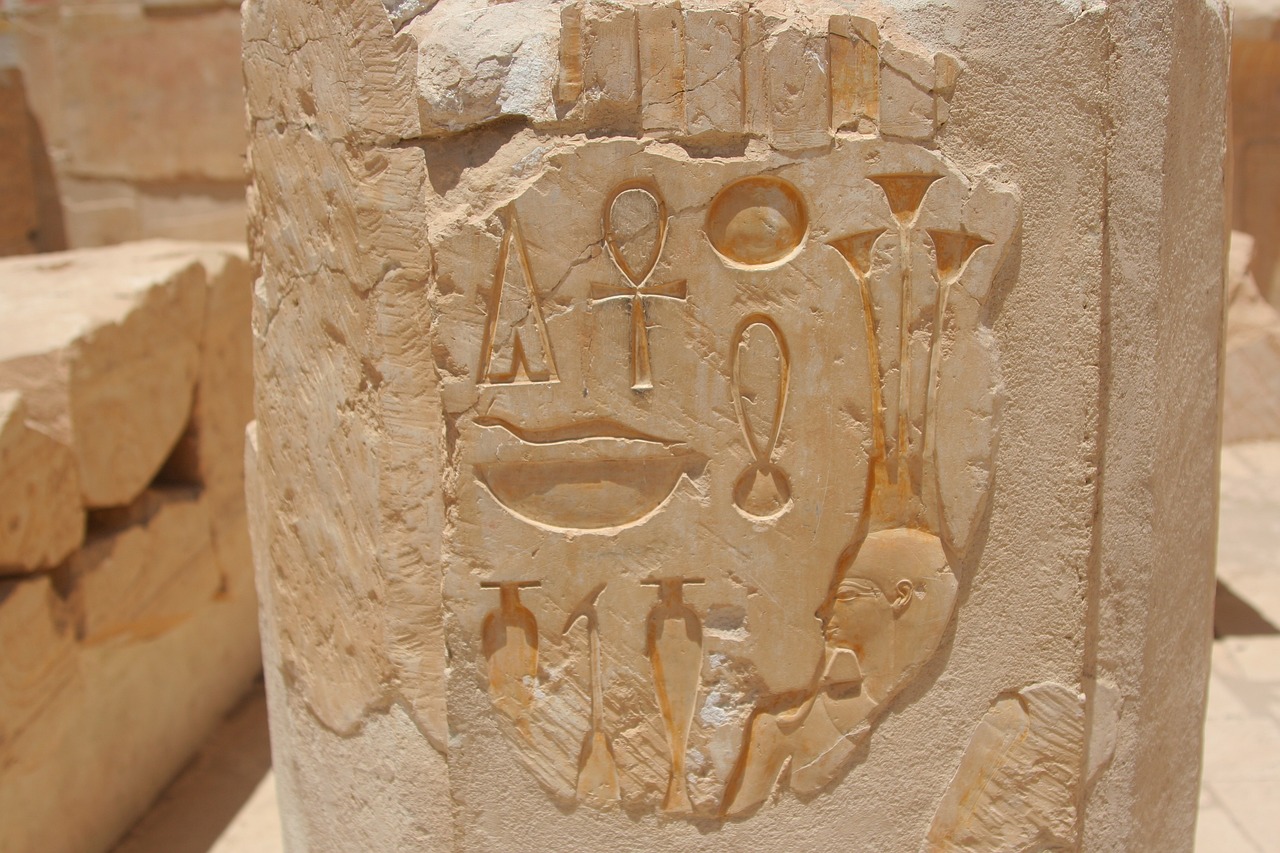
The Influence of Queen Mothers
Queen mothers held a significant position in ancient Egyptian society, wielding considerable influence over the pharaoh and the kingdom. These powerful women, often the mothers of the reigning pharaoh, played a crucial role in shaping political decisions, advising on matters of state, and ensuring the stability of the royal family. Their wisdom and counsel were highly valued, with many queen mothers acting as key advisors to the pharaoh, guiding the ruler in matters of governance and diplomacy.
Queen mothers also played a vital role in the succession of power, as they often had a say in determining the heir to the throne. Through their connections and influence, queen mothers could sway the decision-making process and ensure the continuity of the royal lineage. Their presence in the royal court symbolized a balance of power and authority, with the queen mother's voice carrying weight in matters of statecraft and succession planning.
Furthermore, queen mothers were instrumental in promoting the cult of the pharaoh, actively participating in religious ceremonies and rituals that reinforced the divine status of the ruler. By aligning themselves with the pharaoh's divine mandate, queen mothers enhanced the monarch's prestige and legitimacy in the eyes of the Egyptian people. Their involvement in religious affairs and temple rituals solidified their role as spiritual leaders within the royal court.
Queen mothers also served as patrons of the arts and culture, supporting the development of monumental architecture, temple construction, and artistic endeavors that glorified the pharaoh and celebrated the royal family. Their patronage contributed to the flourishing of Egyptian civilization, fostering creativity and innovation in various artistic disciplines. Queen mothers' influence extended beyond political matters, encompassing cultural and intellectual spheres that enriched the kingdom's heritage.
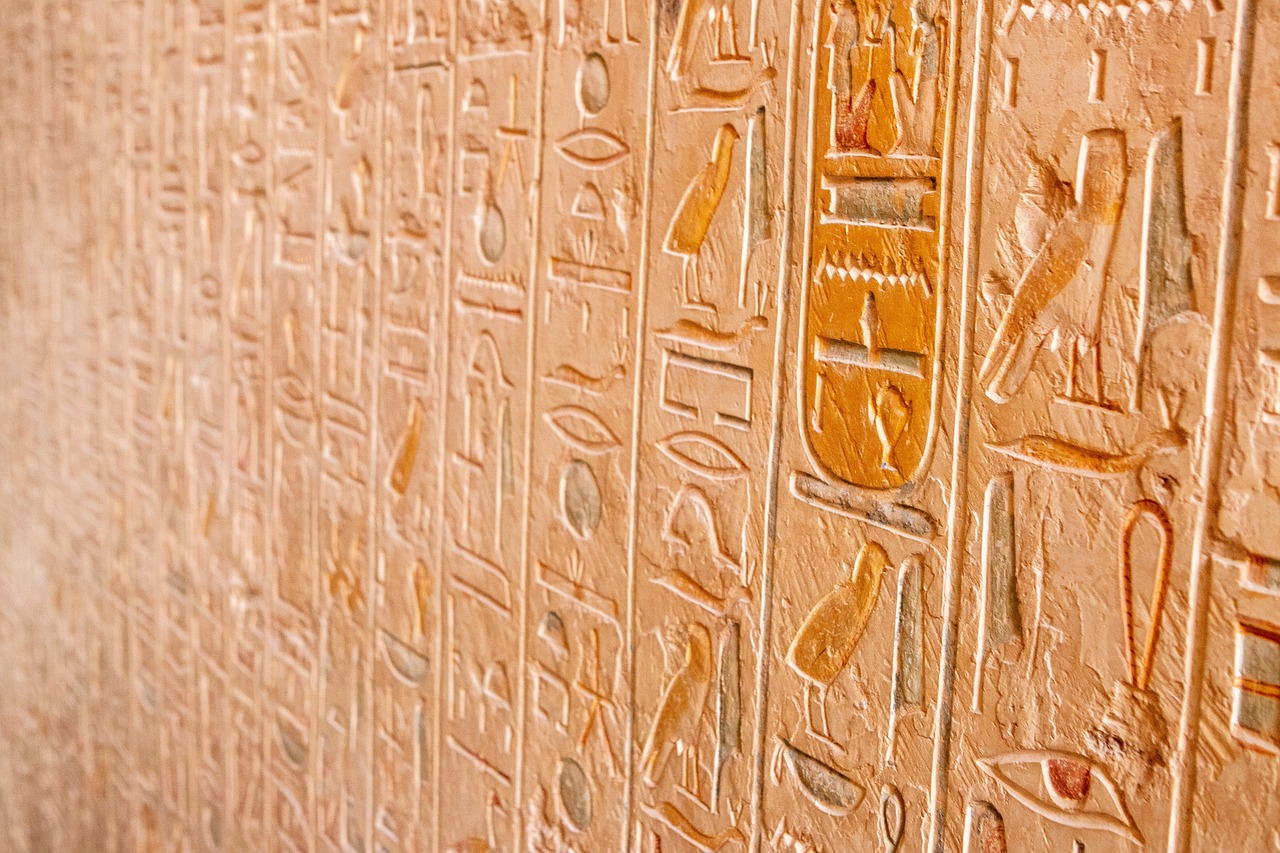
The Pharaoh's Funerary Practices and Afterlife Beliefs
When it comes to the pharaohs of ancient Egypt, their funerary practices and beliefs in the afterlife were of utmost importance. These practices were deeply rooted in the belief that the pharaohs were not just earthly rulers but also divine beings who would continue their existence in the afterlife.
One of the most iconic funerary practices of the pharaohs was the construction of elaborate tombs, such as the famous pyramids of Giza. These monumental structures served as eternal resting places for the pharaohs, filled with treasures, artifacts, and provisions for the journey to the afterlife.
The process of mummification was another crucial aspect of the pharaoh's funerary practices. The preservation of the pharaoh's body through mummification was believed to ensure their physical form remained intact for the journey to the afterlife, where they would be reunited with their ka, or life force.
Additionally, intricate rituals and ceremonies were performed during the burial process to guide the pharaoh's spirit safely to the afterlife. These rituals included prayers, offerings, and spells inscribed on the walls of the tomb to protect the pharaoh in the underworld and assist them in their journey.
Beliefs in the afterlife were central to the pharaoh's funerary practices, with the ancient Egyptians envisioning a paradise where the pharaoh would join the gods and live eternally in a state of bliss. The concept of Ma'at, representing truth, balance, and order, was crucial in ensuring the pharaoh's successful transition to the afterlife.
Overall, the pharaoh's funerary practices and beliefs in the afterlife were intricately woven into the fabric of ancient Egyptian society, reflecting the profound spiritual and cultural significance placed on the eternal journey of the divine rulers.

The Legacy of Egyptian Kingship
The legacy of Egyptian kingship is a tapestry woven with threads of power, mystique, and grandeur that has left an indelible mark on history. The pharaohs of ancient Egypt were not just rulers; they were revered as gods on earth, embodying the divine essence that governed the cosmos. Their reigns were marked by monumental achievements in architecture, art, and governance, setting a standard of excellence that endured for millennia.
One of the most enduring legacies of Egyptian kingship lies in the monumental structures they commissioned, such as the pyramids of Giza and the temples of Luxor. These architectural marvels stand as testaments to the pharaohs' power and vision, showcasing their ability to mobilize vast resources and labor forces to create lasting monuments to their rule.
Moreover, the art and symbolism of ancient Egypt, with its intricate hieroglyphs and elaborate burial practices, continue to captivate and inspire scholars and enthusiasts alike. The rich tapestry of religious beliefs and rituals surrounding the pharaohs' divine status has left an enduring legacy that permeates Egyptian culture to this day.
Furthermore, the political ideologies and administrative systems developed by the pharaohs laid the foundation for centralized governance and statecraft in ancient Egypt. The concept of divine kingship, with the pharaoh as the earthly representative of the gods, shaped the political landscape of the region for centuries to come.
The enduring legacy of Egyptian kingship can also be seen in the influence it has had on subsequent civilizations. From the Greeks and Romans who admired and emulated Egyptian art and architecture to modern-day scholars who continue to unravel the mysteries of the pharaohs' rule, the legacy of ancient Egyptian kingship reverberates through time.
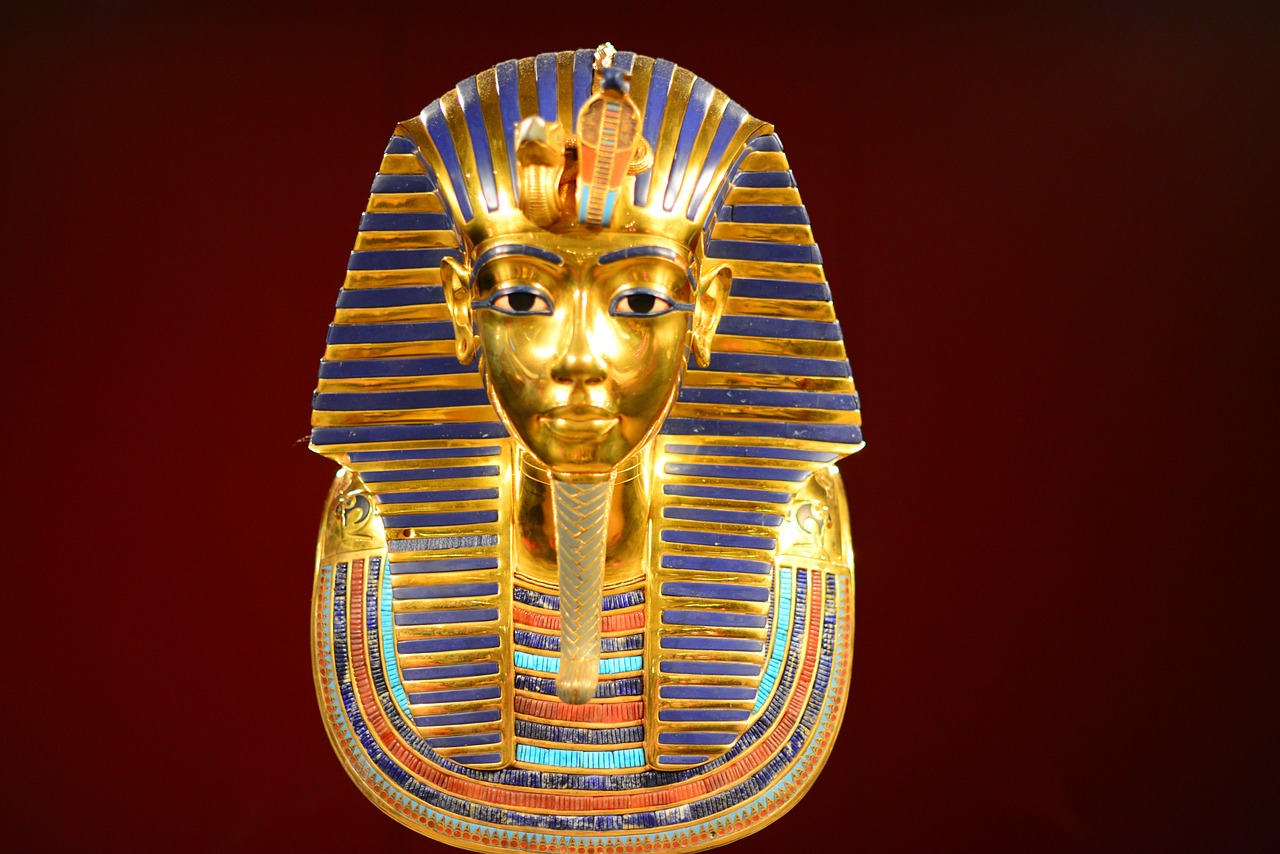
Modern Interpretations and Discoveries
Modern scholars and archaeologists have embarked on a fascinating journey to unravel the mysteries of ancient Egyptian kingship, utilizing cutting-edge technologies and innovative approaches to shed new light on the enigmatic world of pharaohs and their rule. Through meticulous excavations and detailed analyses of artifacts, researchers have unearthed valuable insights into the daily lives, beliefs, and practices of these ancient rulers.
One of the most intriguing aspects of modern interpretations is the use of multidisciplinary approaches, combining fields such as archaeology, anthropology, and Egyptology to paint a comprehensive picture of pharaonic Egypt. By piecing together fragmented historical records and deciphering hieroglyphic texts, experts have been able to reconstruct the grandeur and complexity of ancient Egyptian civilization.
Furthermore, advancements in radiocarbon dating and DNA analysis have revolutionized our understanding of the lineage and genetic relationships among pharaohs and their royal families. These scientific breakthroughs have provided valuable clues about succession, inheritance, and the intricate web of kinship ties that governed the dynastic continuity of ancient Egypt.
Moreover, the discovery of new tombs, temples, and artifacts has added layers of richness to our knowledge of ancient Egyptian kingship. Each excavation unveils a piece of the puzzle, offering glimpses into the religious beliefs, architectural achievements, and artistic expressions that defined the pharaohs' reigns and shaped their legacy for millennia to come.
As modern interpretations continue to evolve and expand, the enigmatic world of ancient Egyptian kingship remains a captivating subject of study, inspiring awe and wonder as we delve deeper into the secrets of the past and unravel the mysteries of one of the world's most intriguing civilizations.
Frequently Asked Questions
- What was the significance of the pharaoh in ancient Egyptian society?
The pharaoh held immense power and was considered a divine ruler responsible for maintaining order, justice, and cosmic balance in society. Their authority extended across religious, political, and administrative realms, shaping the daily lives of the Egyptian people.
- What were the coronation rituals of the pharaoh and what did they symbolize?
The coronation of a pharaoh involved elaborate ceremonies and symbols that held deep spiritual significance. These rituals marked the transfer of power from one ruler to the next, emphasizing the pharaoh's divine right to rule and their connection to the gods.
- How did the pharaoh interact with the gods in ancient Egypt?
The pharaoh served as an intermediary between the mortal realm and the divine world, engaging in religious practices and rituals to maintain harmony with the Egyptian deities. Their role as a link between humanity and the gods was central to Egyptian religious beliefs.
- What role did queen mothers play in shaping the decisions of the pharaoh?
Queen mothers held significant political power and influence within the royal family and Egyptian society. They played key roles in advising the pharaoh, shaping policies, and ensuring the stability of the kingdom through their counsel and support.
- What were the funerary practices of pharaohs and what beliefs surrounded the afterlife?
Pharaohs underwent elaborate funerary rituals and preparations to ensure a successful journey to the afterlife. Beliefs in the afterlife and the pharaoh's transformation into a divine being were central to Egyptian funerary practices, reflecting a deep spiritual connection to the divine realm.




